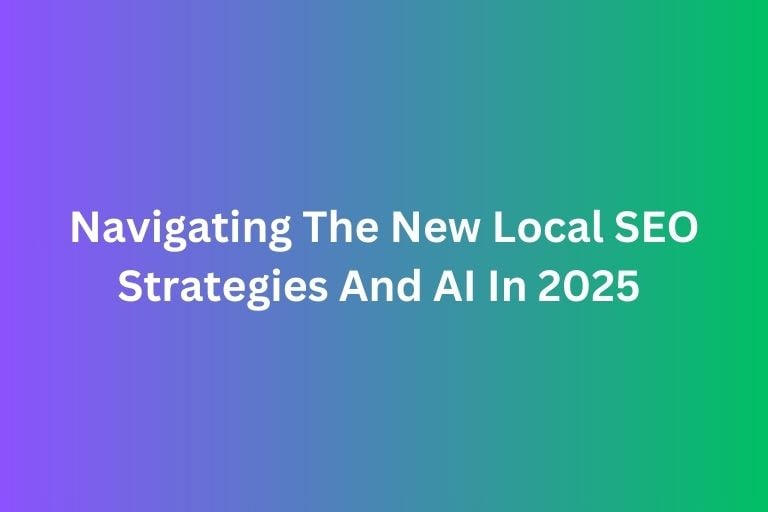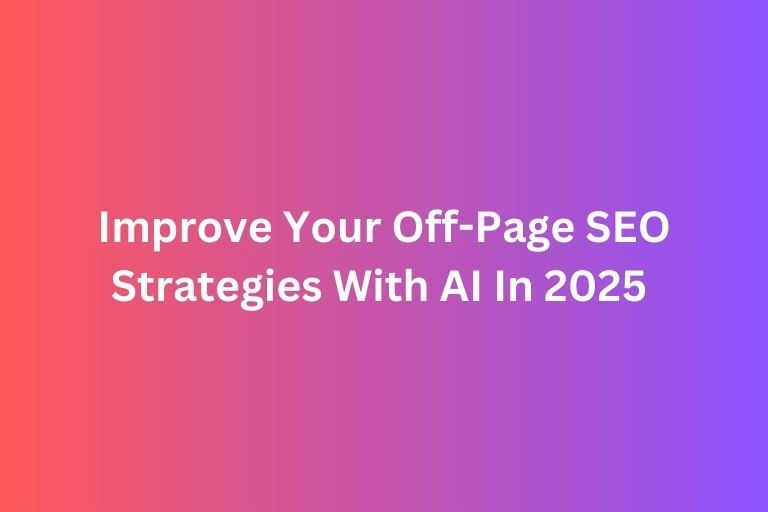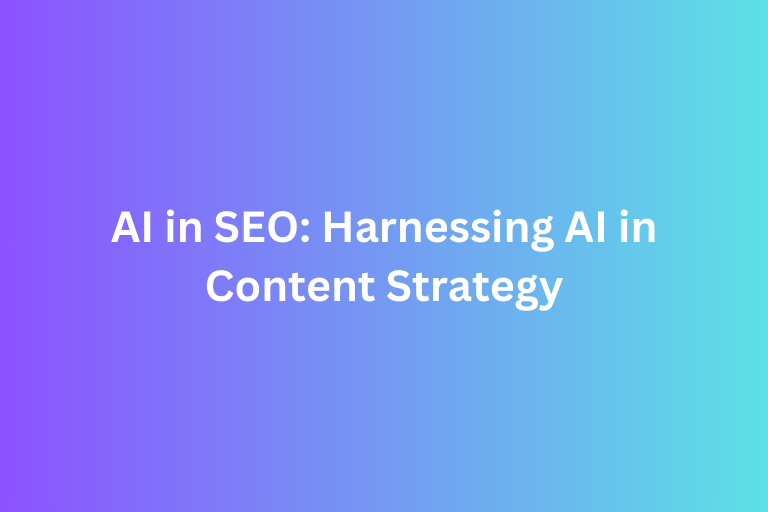Enterprise SEO is a specialized branch of search engine optimization tailored for large organizations with extensive websites, complex structures, and diverse product or service offerings. Unlike traditional or “regular” SEO which often serves smaller businesses or simpler sites, enterprise SEO requires a strategic, data-driven approach to address the unique challenges of scale, technical infrastructure, and cross-departmental coordination.
In this article, we will learn what is E-Commerce SEO, why it matters for your site, and the key elements involved in E-Commerce SEO.
Let’s dive into what it is, why it matters, and how to get started.
What Is Enterprise SEO?
Enterprise SEO is the use of search engine optimization at a large scale. It’s used by big businesses, large websites, and corporations that have hundreds or even thousands of pages to manage. While traditional SEO focuses on smaller websites and businesses, Enterprise SEO is about handling massive websites, ranking for highly competitive keywords, and managing multiple teams or stakeholders.
Key Differences Between Regular SEO & Enterprise SEO
While both regular SEO and enterprise SEO aim to improve a website’s visibility on search engines, the scale and complexity differ significantly. Here’s a closer look at their key differences:
1. Website Size
Regular SEO typically applies to small to medium-sized websites with around 10 to 100 pages. These could be personal blogs, small business websites, or niche e-commerce stores. In contrast, enterprise SEO focuses on large-scale websites with hundreds or even thousands of pages. These could include big e-commerce platforms, multinational corporations, or major news sites that need to manage and optimize a vast amount of content.
2. Competition Level
Smaller websites often compete in low to medium-competition spaces, targeting specific audiences or local markets. The keywords they rank for are often less competitive and easier to achieve high rankings with basic SEO strategies. However, enterprise SEO involves fierce competition, often going up against major brands and industry leaders. Ranking for high-value keywords in these industries requires more advanced tactics, authority-building, and continuous optimization.
3. SEO Focus
Regular SEO is usually focused on local or niche keywords that attract specific audiences. For example, a small bakery might optimize for keywords like “best cupcakes in Austin” or “organic bread near me.” Enterprise SEO, on the other hand, targets broad, high-competition keywords that have thousands (or even millions) of searches per month. A major company like Nike or Amazon might optimize for terms like “best running shoes” or “cheap electronics online,” which require significant authority and high-quality content to rank well.
4. Strategy
The strategy for regular SEO is relatively straightforward, focusing on simple keyword targeting, on-page optimization, and link-building. These methods work well for smaller websites with limited pages. In contrast, enterprise SEO requires advanced automation, AI-driven analysis, and highly technical SEO to manage large-scale optimization efforts. Large businesses invest in automated tools, AI-powered insights, and specialized teams to ensure their SEO strategies remain effective across thousands of pages.
Why Does Enterprise SEO Matter?
For large businesses, ranking well in search results is a must! A well-optimized enterprise site can:
✅ Drive millions of visitors through organic traffic
✅ Improve brand visibility globally
✅ Reduce reliance on paid ads, saving marketing costs
✅ Dominate the competition in search rankings
Key Strategies in Enterprise SEO
1. Advanced Keyword Strategy
Instead of just targeting basic keywords, enterprise SEO focuses on:
- High-volume, high-competition keywords like “best smartphones” or “cheap flights”
- Long-tail keywords for specific searches e.g., “best budget smartphones under $500”
- Branded search terms eg., “Nike running shoes” or “Apple MacBook Pro deals”
2. Technical SEO at Scale
Enterprise websites often have thousands of pages, so technical SEO is crucial. This includes:
- Site speed optimization where faster websites rank higher in SERP
- Mobile-friendliness is also an important factor when Google prioritizes mobile-first sites
- Fixing broken links & duplicate content
- Proper URL structure & internal linking
Learn more: 4 Reasons To Optimize Your Site Speed
3. Automation & AI Tools
Because managing thousands of pages manually isn’t realistic, enterprise SEO relies on automation to:
- Analyze keyword trends using AI-driven tools
- Identify SEO issues across thousands of pages instantly
- Automate reporting & tracking for better decision-making
4. Content Strategy for Large-Scale Brands
Enterprise SEO requires consistent, high-quality content across all pages. This includes:
- Product pages & category pages optimized for search engines.
- Blog content that attracts organic traffic
- Video & multimedia
5. Enterprise-Level Link Building
To maintain a strong domain authority, enterprise SEO teams focus on:
- Earning backlinks from major publications (e.g., Forbes, TechCrunch)
- Building relationships with industry influencers
- Guest posting on reputable sites for brand visibility
6. Managing SEO Across Teams & Departments
Unlike small businesses where one person might handle SEO, Enterprise SEO involves multiple teams, including marketing & content teams, developers, and executives.
Conclusion
Enterprise SEO is all about scaling SEO efforts for large businesses. It requires advanced strategies, automation, and collaboration across multiple teams. While it’s more complex than traditional SEO, when done right, it can lead to massive traffic, brand dominance, and long-term success in search rankings.
Improve your website performance with FoxAdvert!
If you are looking forward on how to improve your website performance, our professional team of SEO experts at FoxAdvert can help you. Contact us today to start your journey 😊











